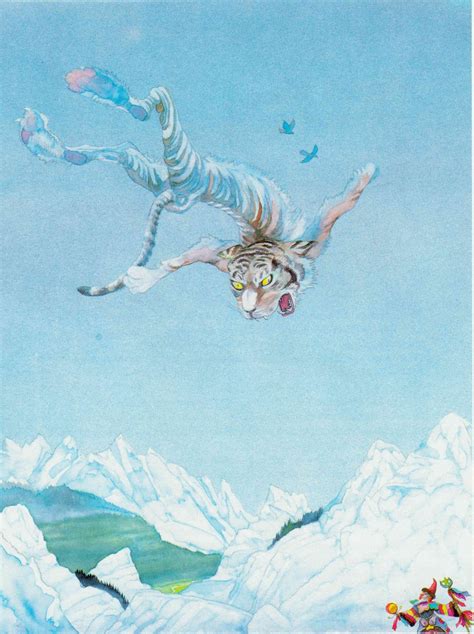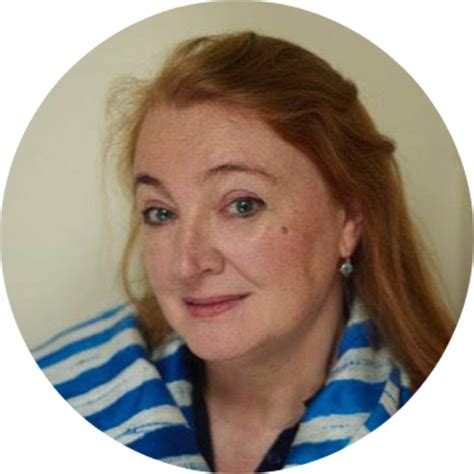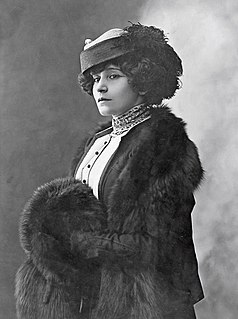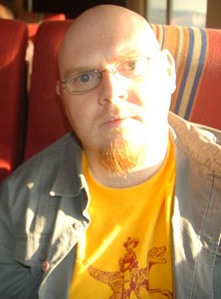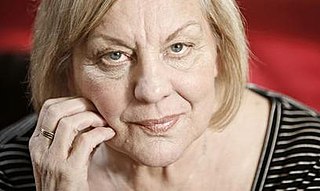A Quote by Michael Foreman
I didn't read children's books when I was a child. The only books in our house were ration books.
Related Quotes
I wish that the adults who are 'in power' cared more about what their children read. Books are incredibly powerful when we are young - the books I read as a child have stayed with me my entire life - and yet, the people who write about books, for the most part, completely ignore children's literature.
The books in Mo and Meggie's house were stacked under tables, on chairs, in the corners of the rooms. There where books in the kitchen and books in the lavatory. Books on the TV set and in the closet, small piles of books, tall piles of books, books thick and thin, books old and new. They welcomed Meggie down to breakfast with invitingly opened pages; they kept boredom at bay when the weather was bad. And sometimes you fall over them.
Kids not only need to read a lot but they need lots of books they can read right at their fingertips.They also need access to books that entice them, attract them to reading. Schools...can make it easy and unrisky for children to take books home for the evening or weekend by worrying less about losing books to children and more about losing children to illiteracy.
The current publishing scene is extremely good for the big, popular books. They sell them brilliantly, market them and all that. It is not good for the little books. And really valuable books have been allowed to go out of print. In the old days, the publishers knew that these difficult books, the books that appeal only to a minority, were very productive in the long run. Because they're probably the books that will be read in the next generation.
My daughter is seven, and some of the other second-grade parents complain that their children don't read for pleasure. When I visit their homes, the children's rooms are crammed with expensive books, but the parent's rooms are empty. Those children do not see their parents reading, as I did every day of my childhood. By contrast, when I walk into an apartment with books on the shelves, books on the bedside tables, books on the floor, and books on the toilet tank, then I know what I would see if I opened the door that says 'PRIVATE--GROWNUPS KEEP OUT': a child sprawled on the bed, reading.
I was, without a sliver of a doubt, a no-good, lazy slacker of a child, and after I discovered literature, I was totally and utterly a no-good, lazy slacker of a child who read books. A lot of books, good and bad, but my favourite - the books I read and reread in my teens - were by Margaret Weis and Tracy Hickman.
Only idiots or snobs ever really thought less of 'genre books' of course. There are stupid books and there are smart books. There are well-written books and badly written books. There are fun books and boring books. All of these distinctions are vastly more important than the distinction between the literary and the non-literary.
A house without books is like a room without windows. No man has a right to bring up his children without surrounding them with books, if he has the means to buy them. It is a wrong to his family. He cheats them! Children learn to read by being in the presence of books. The love of knowledge comes with reading and grows upon it.
